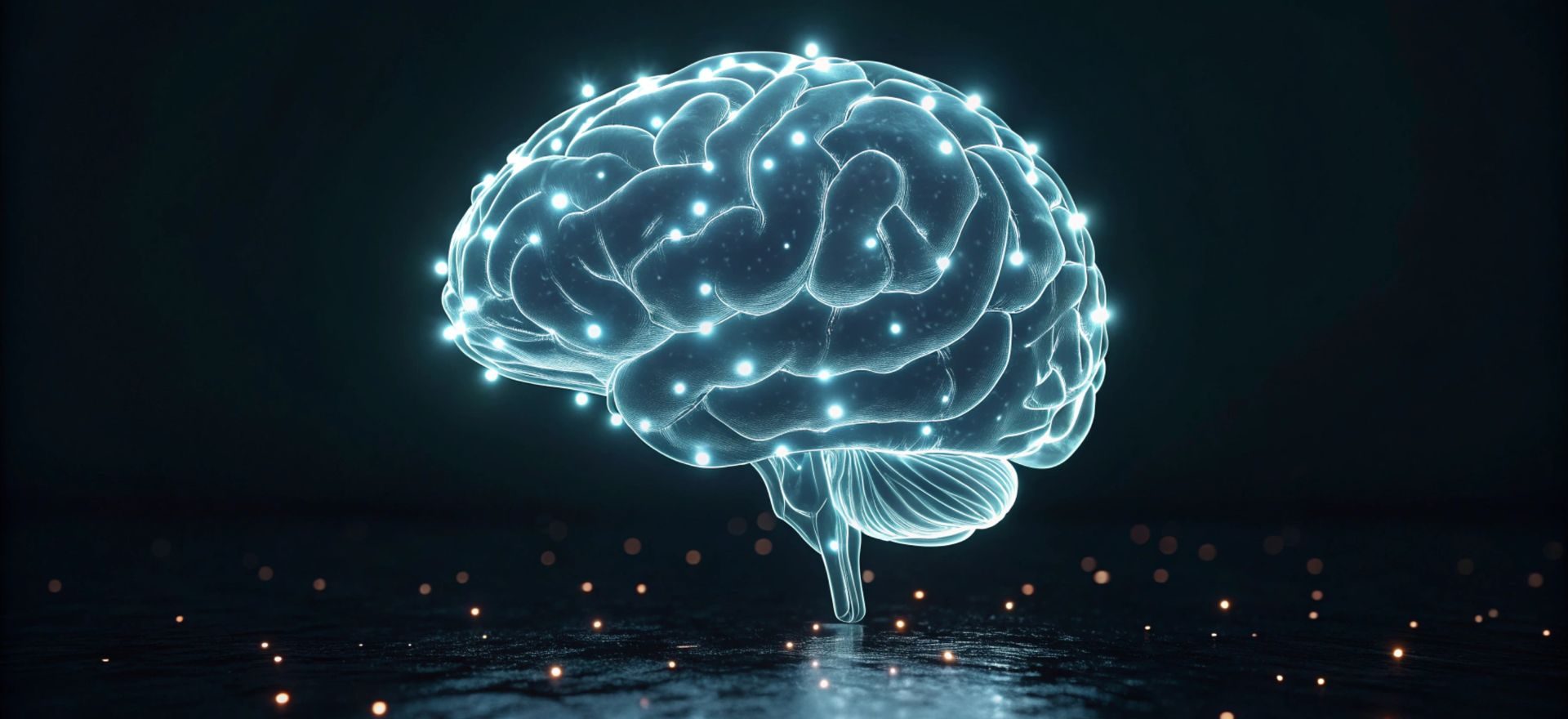The Neuroscience of Perspective Shifting: How VR Rewires Our Capacity for Empathy
What happens in your brain when you see the world through another’s eyes?
When Maulana Abdul Khabir Azad put on a VR headset for the first time in our Lahore pilot, something remarkable happened in his neural circuitry. As he found himself standing virtually in Jerusalem’s Al-Aqsa Mosque alongside Christian participants, mirror neurons began firing in patterns that would reshape his perception long after removing the headset.
The Science of Shared Perspective
Recent breakthroughs in social neuroscience reveal why virtual reality creates such profound empathy shifts. When we embody an avatar in VR, our brain’s temporoparietal junction—the region responsible for distinguishing self from other—begins to blur these boundaries. Stanford’s Virtual Human Interaction Lab has documented how just 7 minutes of VR perspective-taking can reduce implicit racial bias for months afterward.
In XTOPIA sessions, we’re witnessing this neuroplasticity in real-time. Based on established research in social neuroscience, we know that virtual embodiment triggers the neural mechanisms underlying empathy and perspective-taking. When participants experience virtual shared sacred spaces, their brains are processing these encounters through the same neural pathways that laboratory studies have shown to be crucial for reducing intergroup bias and increasing prosocial behavior.
Beyond Mirror Neurons: Embodied Peacebuilding
Traditional peace negotiations happen across tables, maintaining physical and psychological distance. XTOPIA collapses this distance through embodied cognition. When participants pray together in virtual Mount Sinai, their proprioceptive systems register shared sacred space. The brain doesn’t distinguish between virtual and physical presence when processing social cues.
Dr. Mel Slater’s research at University of Barcelona demonstrates that virtual embodiment triggers genuine perspective-taking responses. Participants don’t just intellectually understand another viewpoint—they viscerally experience it. This is why our post-session evaluations show such dramatic shifts on the Inclusion of Other in Self Scale.
Designing for Neural Change
XTOPIA’s environments are neurologically optimized for empathy activation based on established research in social neuroscience. Sacred sites trigger emotional processing centers while shared avatars engage social mirroring systems. The combination creates what we call “empathy cascade”—a multi-neural pathway experience that traditional dialogue cannot replicate.
Our post-session behavioral assessments suggest these neurological mechanisms are operating effectively. Participants show dramatic increases in empathy measures that correlate with the neural activation patterns documented in laboratory VR studies. The behavioral evidence points to genuine neural rewiring occurring through virtual shared sacred experiences.
In XTOPIA sessions, we’re witnessing this neuroplasticity in real-time. Based on established research in social neuroscience, we know that virtual embodiment triggers the neural mechanisms underlying empathy and perspective-taking. When participants experience virtual shared sacred spaces, their brains are processing these encounters through the same neural pathways that laboratory studies have shown to be crucial for reducing intergroup bias and increasing prosocial behavior.
The Embodied Peace Revolution
What makes XTOPIA revolutionary isn’t just the technology—it’s the recognition that sustainable peace requires embodied transformation, not just intellectual agreement. When Pakistani Muslims and Christians pray together in virtual Jerusalem, their brains are literally learning new patterns of social connection that persist long after removing the headsets.
This embodied approach to peace building represents a paradigm shift from purely cognitive conflict resolution methods. Rather than trying to convince people to think differently about religious others, we enable them to feel differently through shared virtual embodiment. The body teaches the mind new possibilities for peaceful coexistence.
Dr. Mel Slater’s research at University of Barcelona demonstrates that virtual embodiment triggers genuine perspective-taking responses. Participants don’t just intellectually understand another viewpoint—they viscerally experience it. This is why our post-session evaluations show such dramatic shifts on the Inclusion of Other in Self Scale.
Measuring Neural Change Through Behavior
While direct neural measurement remains a future research priority, our behavioral assessments provide strong indirect evidence of the brain changes documented in laboratory VR empathy studies. The dramatic shifts we observe on the Inclusion of Other in Self Scale and Feeling Thermometer ratings suggest profound neural restructuring is occurring through virtual interfaith dialogue.
Participants don’t just report feeling differently about religious others—they demonstrate sustained behavioral changes months after their XTOPIA sessions. This persistence indicates the kind of deep neural learning that characterizes genuine empathy development rather than temporary attitude shifts.
The future of peacebuilding isn’t just changing minds—it’s literally rewiring brains for connection, one virtual encounter at a time.

